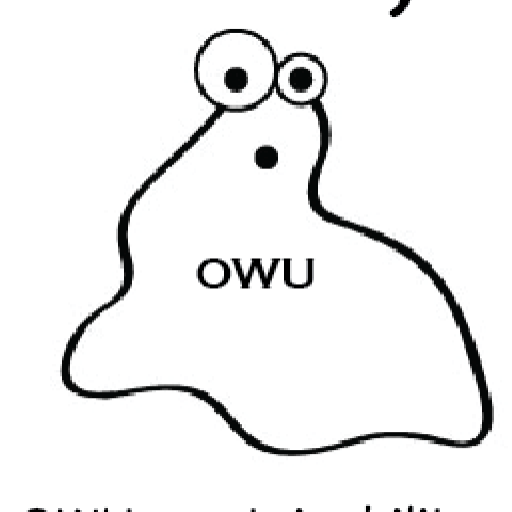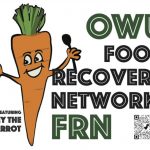Latest Posts
New OWU ENVS Faculty Member: Carolina Barbosa

Dr. Carolina Barbosa will be starting at OWU in the Fall of 2025 as a faculty member in our Department of Environment and Sustainabillity. Dr. Barbosa will teach environmental science and a range of courses including water and hydrology and…
OWU’s FRN and CCL Updates for Fall ’24
OWU ENVS EXPO 2024: Tuesday April 30, ’24

ENVS Expo 2024 Over 100 regional AP Environmental Science students, teachers, and dozens of OWU ENVS students, faculty, and community partners are participating in the 2024 OWU ENVS EXPO on Tuesday, April 30 in the OWU Science Center Atrium. All…
ENVS Contributions to the Woltemade Big Problem Challenge, Spring 2024

The The Woltemade Big Problem Challenge asks students to engage “entrepreneurial thinking to create a plan that could improve water quality in the Ohio River and/or Lake Erie. (The) plan should rely on a business-focused solution to improve water quality…
Rediscovering OWU’s Old Sulphur Spring with ENVS’s Dr. Toshi Mizuta

Article Reproduced from here The Sulphur Spring Ohio Wesleyan Students Dig Into OWU History to Understand Status of Underground Waterway By Cole Hatcher When Katsutoshi “Toshi” Mizuta says he and his Ohio Wesleyan University students are digging for…
